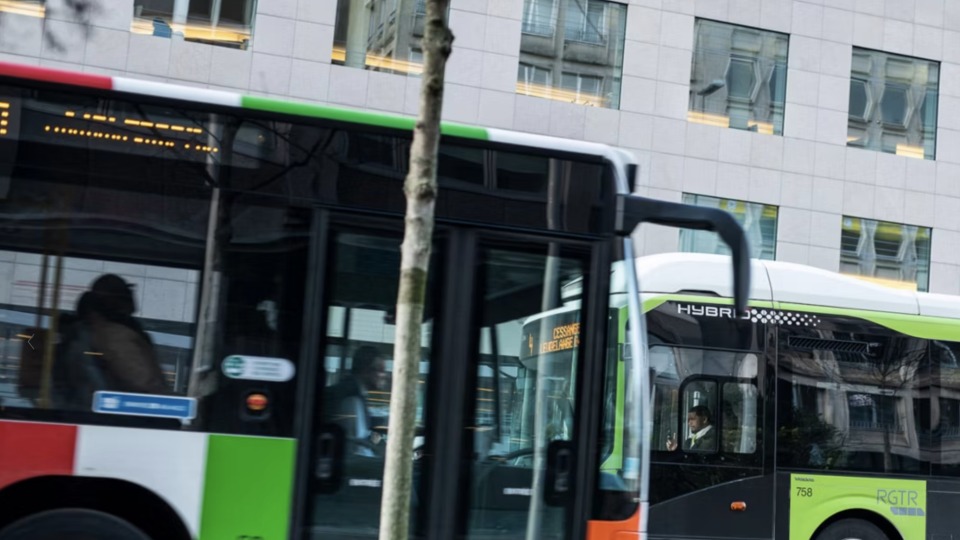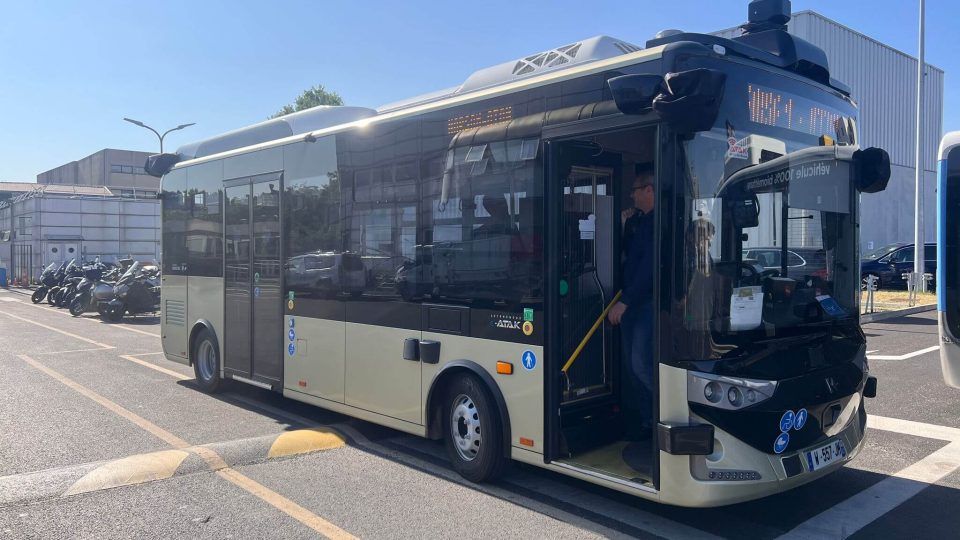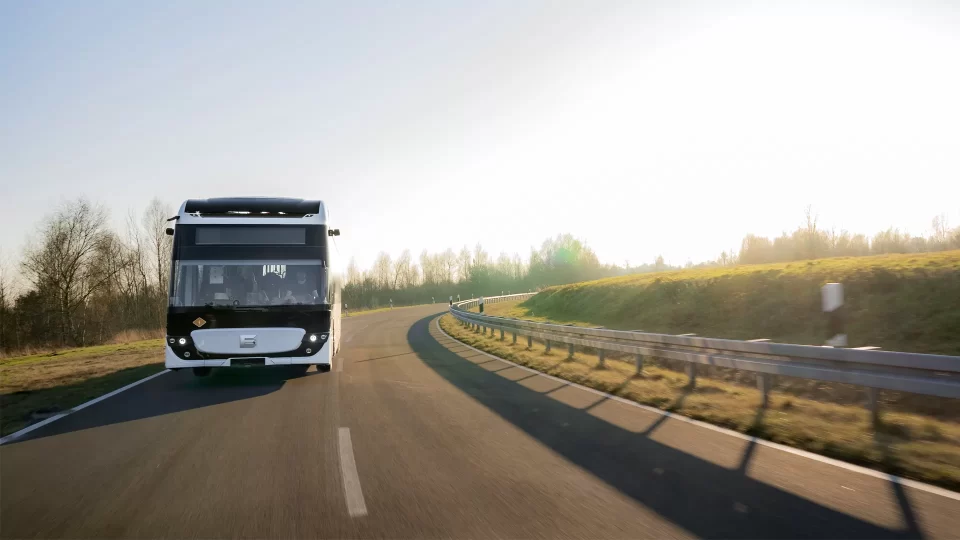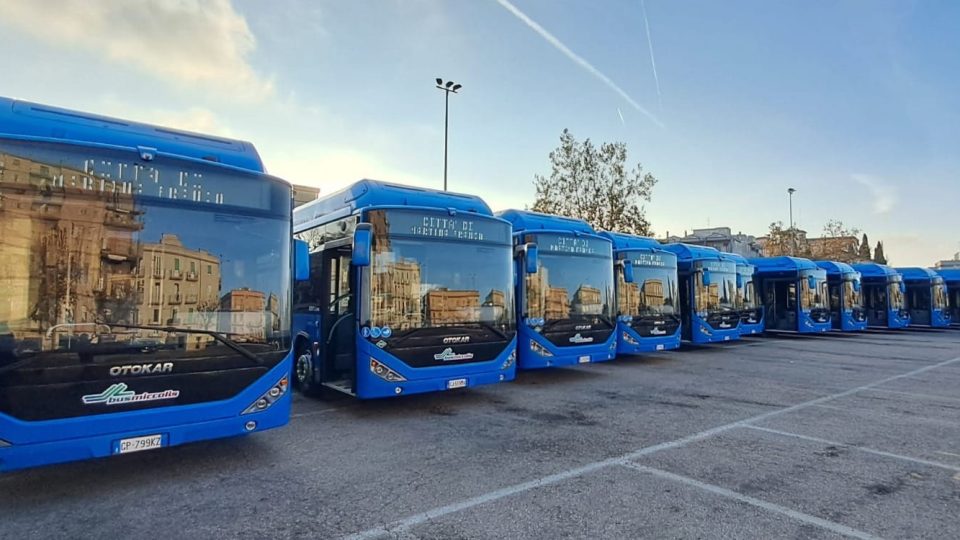German Federal government to fund ebuses in five further cities
Futher five German cities will take benefit of government grants for the purchase of electric buses. Aachen, Bochum, Gelsenkirchen, Duisburg and Offenbach am Main will globally receive some 14.3 million euros from the German Federal Ministry for the Environment (BMU). Money that will be used for the procurement of around 70 electric buses. 530 ebuses […]
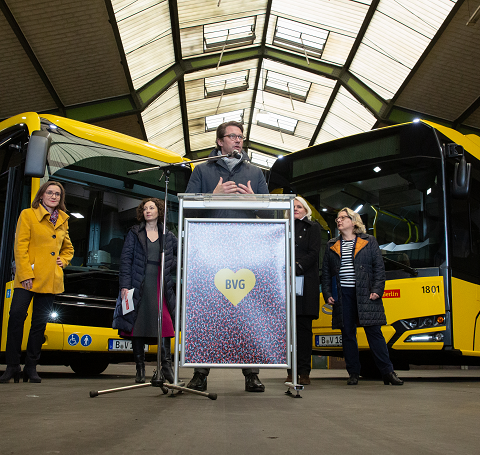
Futher five German cities will take benefit of government grants for the purchase of electric buses. Aachen, Bochum, Gelsenkirchen, Duisburg and Offenbach am Main will globally receive some 14.3 million euros from the German Federal Ministry for the Environment (BMU). Money that will be used for the procurement of around 70 electric buses.
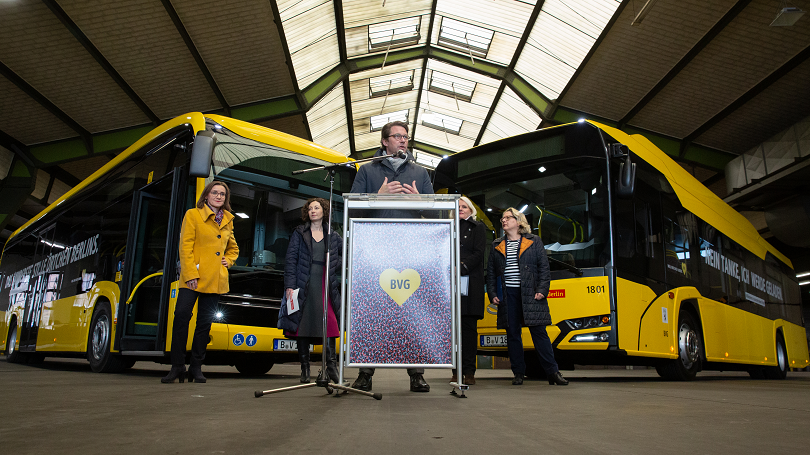
530 ebuses to be subsidized
In all the mentioned cities, according to the press release from BMU, nitrogen oxide levels have recently exceeded the annual average limit. BMU is currently supporting eleven project on electric buses in Germany with 180 million euros for some 530 electric buses. Still a small slice in the big cake of 55,000 buses in operation today in Germany on local public transport network (called ÖPNV).
The additional costs for the vehicles compared to a diesel bus are financed at 80 percent. The remaining expenditure is subsidised by the Federal Ministry for the Environment with 40 percent, the government points out.
The first ebuses to arrive from 2019 and 2020
Being more specific, BMU adds, in Bochum and Duisburg, the state of North Rhine-Westphalia and the federal government share the funding. Here the state supports the purchase of the vehicles with 60 percent and the federal government cover further 20 percent of the additional costs. The first buses are to be used gradually in the five cities mentioned from 2019 and 2020.
As reported on Electrive, «in Bochum and Gelsenkirchen, 20 electric buses will soon be put into operation. The German government will contribute 1.8 million euros for the purchase. According to a spokeswoman of the operating company Bogestra, the vehicles will be on line 354 in Bochum and on line 380 in Gelsenkirchen. It is not yet known which vehicles will be used in Duisburg, Bochum and Gelsenkirchen».
Electric buses for better quality of life
The German Minister for the Environment Svenja Schulze commented: “More and more cities are modernising their public transport systems. This is the right consequence of the diesel crisis and the excessively high nitrogen oxide levels in the air. We are providing active support, for example in the purchase of electric buses. Their advantages are obvious: the air remains cleaner, they are much quieter and thus contribute to more peace and quiet in residential areas. Last but not least, they emit less climate-damaging CO2 emissions. In this way, they ensure a better quality of life, especially in conurbations. With our support programme, we also want to make electric buses affordable and thus an option for all transport companies”.
Germany 2030, 3,000 electric buses in five cities
According to a survey carried out by the magazine Wirtschaftswoche in November 2018 the five major German cities (Berlin, Hamburg, Munich, Cologne and Frankfurt) will have in operation 3,000 electric buses globally.
To win the bet of air quality, anyway, German manly needs to phase out from coal based electricity production. Today, nearly a quarter of all electricity produced in Germany still comes from burning lignite, making Germany the world’s leader in the mining and burning of lignite, according to the International Energy Agency.



